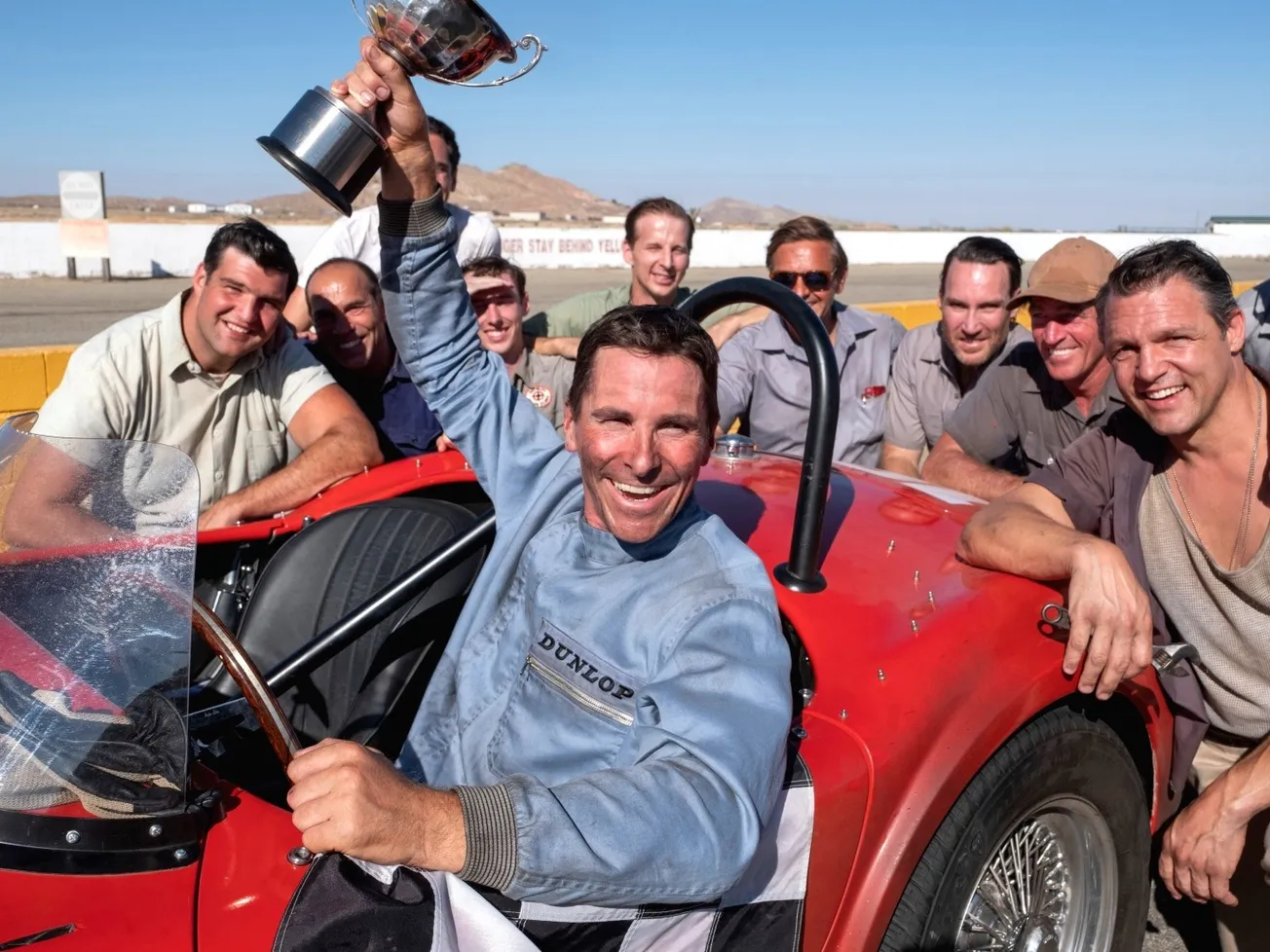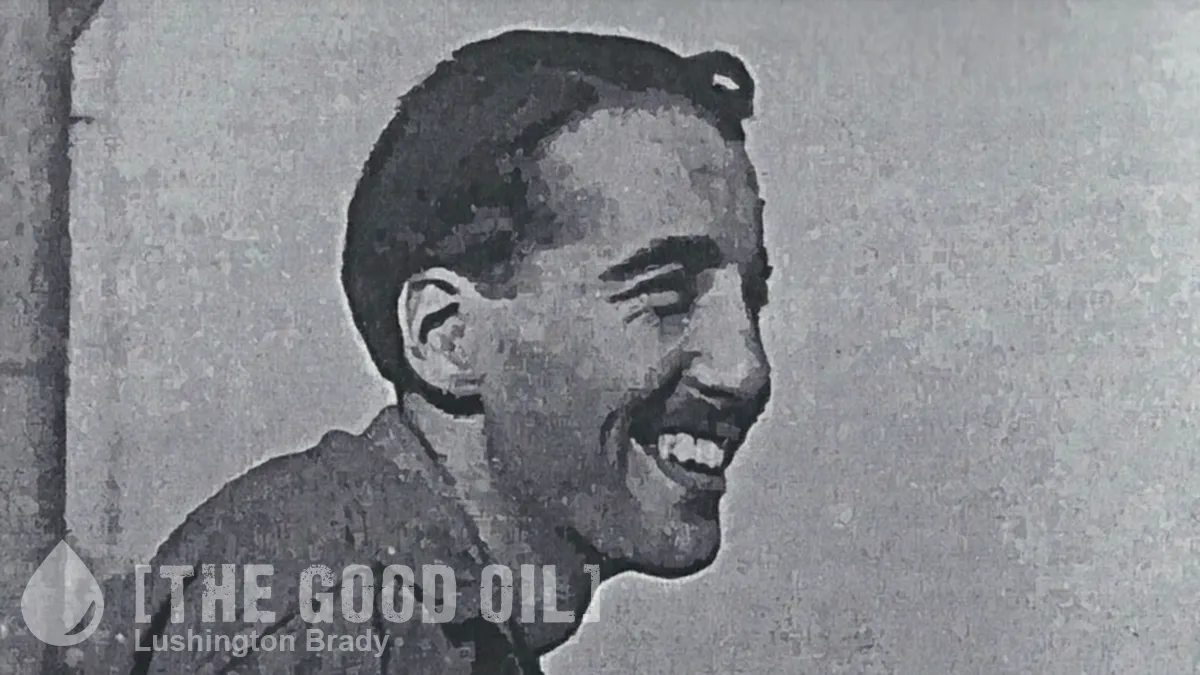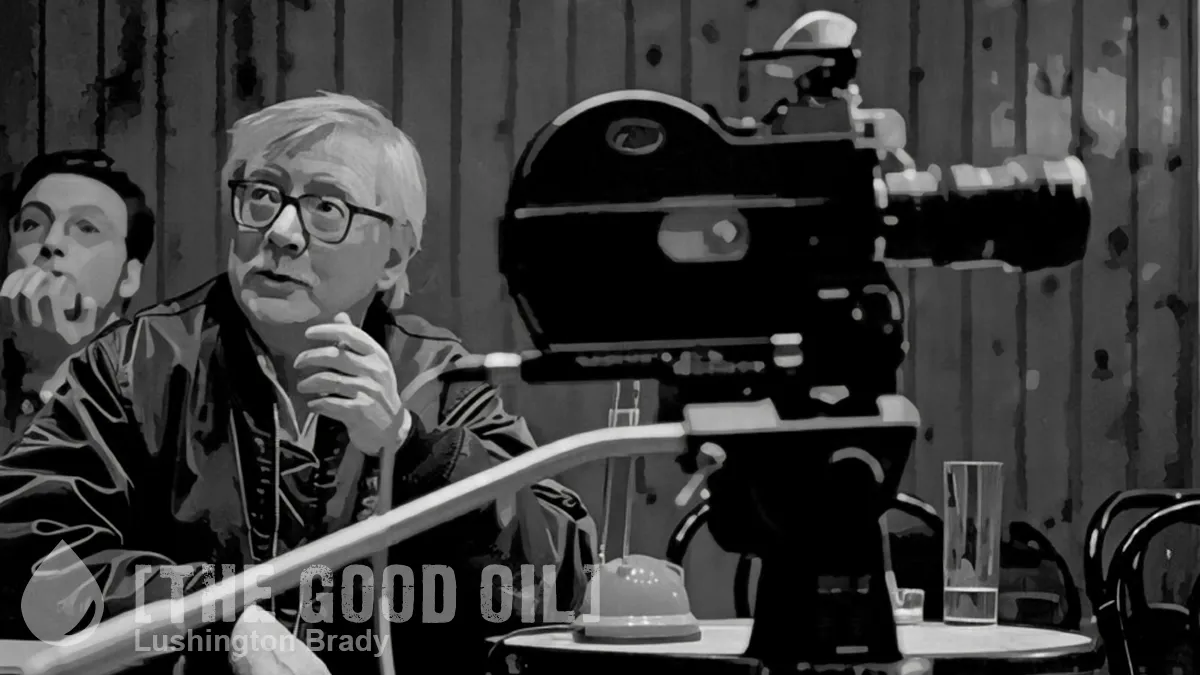Table of Contents
Burn, Hollywood, Burn
A regular review by John Black
Here’s a pub question worth a beery rumination: Who did the most for the cause of human freedom in the twentieth century? Sir Winston Churchill? Martin Luther King? Ronald Reagan? An eccentric choice but not one without a sound argument behind it would be Henry Ford. His Model T, mass produced and priced for the average worker, gave millions of Americans true freedom of movement for the first time in their lives. As car ownership grew, cities expanded outward creating suburbia and liberating millions more from the misery of the inner-city slum. Of course Ford was also a rabid anti-Semite, who thought Jews snuck into his house at night and rearranged his furniture, but let’s put that down to petrol fumes.
The automobile, once a symbol of the freedom made possible by consumer capitalism, has of late become the whipping boy for capitalism’s downside, namely the emissions blamed for global warming (despite cars producing less than ten percent of total global greenhouse gases). So it is pleasing to see a Hollywood movie released this week that celebrates cars and the men who make them.
Ford Vs Ferrari recounts the creation of the Ford GT40 and its triumph at the 1966 Le Mans 24 Hours motor race. Previously the Ford Company with Henry’s grandson at the helm had been content to produce reliable family vehicles, but when the baby boomers started to come of age wanting something sexier, Ford was forced to respond. After an attempt to buy out Ferrari ended in failure (and a tirade of insults from Enzo Ferrari) Henry Ford II and his execs decided to go all in and produce a racing car that would break Ferrari’s stranglehold on major motor racing titles (Le Mans, in particular) and signal an image change to the fast and furious. Enter the team of car designer Caroll Shelby (Matt Damon) and driver Ken Miles (Christian Bale) whose risk taking and unconventional approach comes up, eventually, with the goods.
While the film follows a fairly straightforward narrative, it is far from a dry tale of automotive engineering. At its centre is the developing friendship between the two outsider visionaries, Miles and Shelby. They bond over clashes with the corporate culture of Ford that demands they be ‘Ford men’ – team players. But as Shelby tells Mr Ford, ‘You can’t win a race by committee.’
I’m not a car guy and admittedly went into this with the view of motor racing Shelby (sarcastically) voices in the movie – it’s just ‘turning left for four hours.’ The third time I tried to put my foot through the cinema floor attempting to brake coming into a corner, I realised how wrong I’d been. Director James Margold puts you right in the driver’s seat, sweating along with Miles as he tries to complete ‘the perfect lap’. The immersive camera work and brilliant sound design give the audience a taste of what it must be like to go really really fast. Watch your speedos driving home from the cinema, folks – it’s addictive.
The film is a well-acted and filmed throw-back to what mainstream movies used to do – tell a good story in an entertaining way. Damon is good as the ballsy Texan Shelby, but it’s Bale who has more to work with as the tea drinking ‘limey’ hard-case Miles. His spoken encouragements to himself and his motor during the race (‘Giddy-up gurl!’) are a delight.
The climax of the film where Miles and Shelby butt heads against a Ford suit (in the serpentine form of Josh Lucas) illustrate a tension at the heart of modern capitalism. The entrepreneurial spirit depends to a degree on an anarchic individualism which corporate culture abhors. I won’t spoil the outcome, but let’s just say the tension is not completely resolved. But better that tension survives than the eternal victory of the committee that is socialism. Just ask those poor bastards in Eastern Europe who ended up with a Lada.









